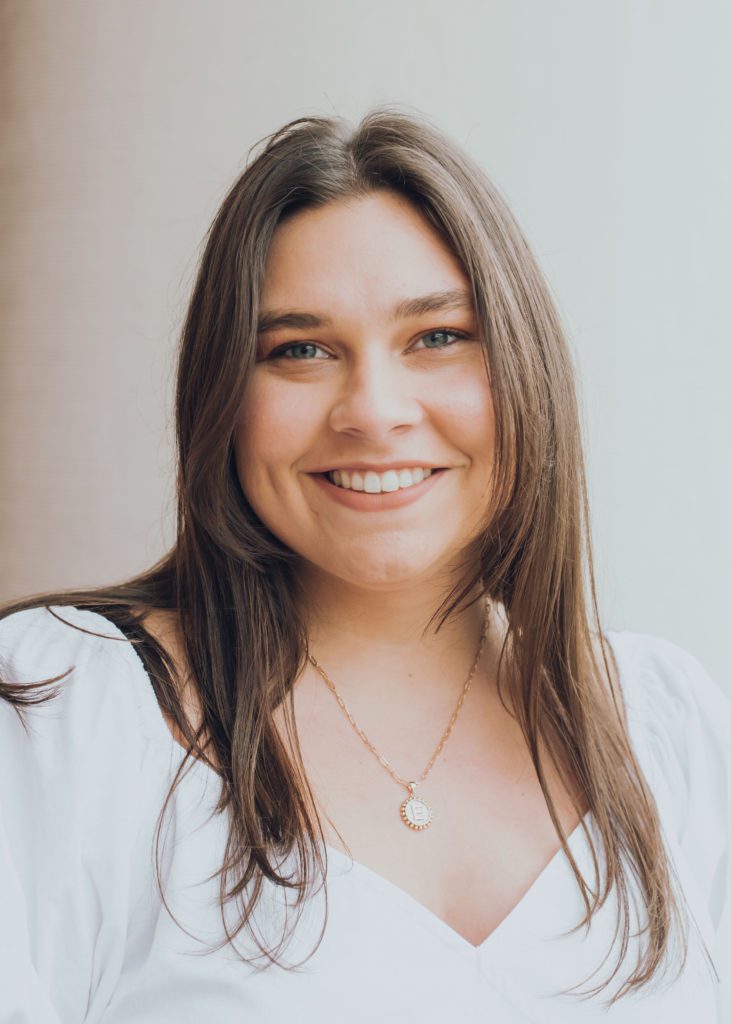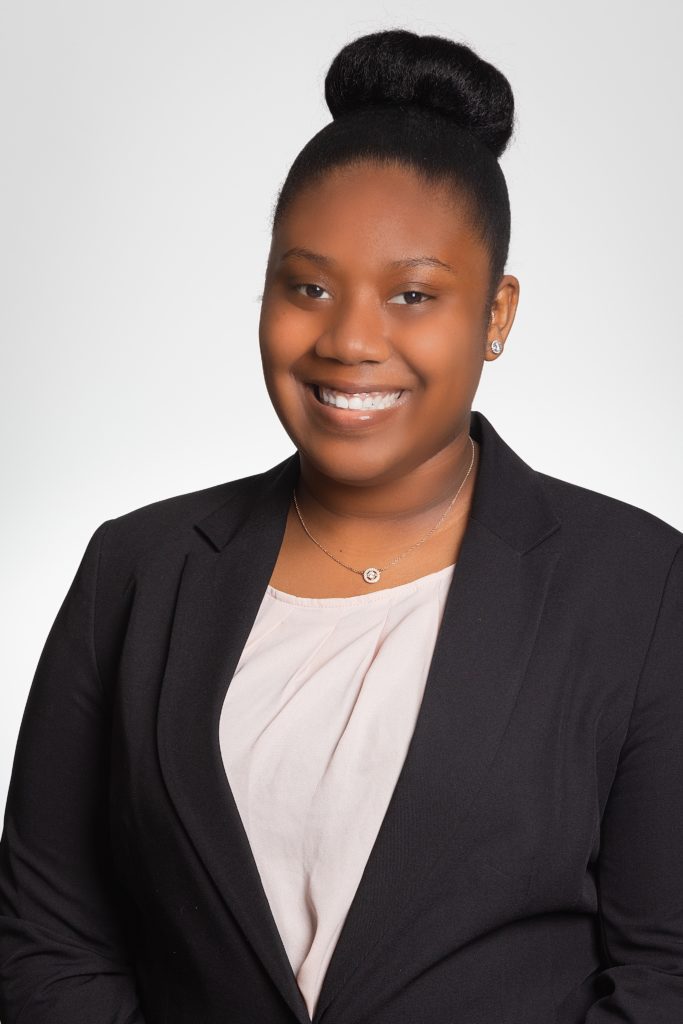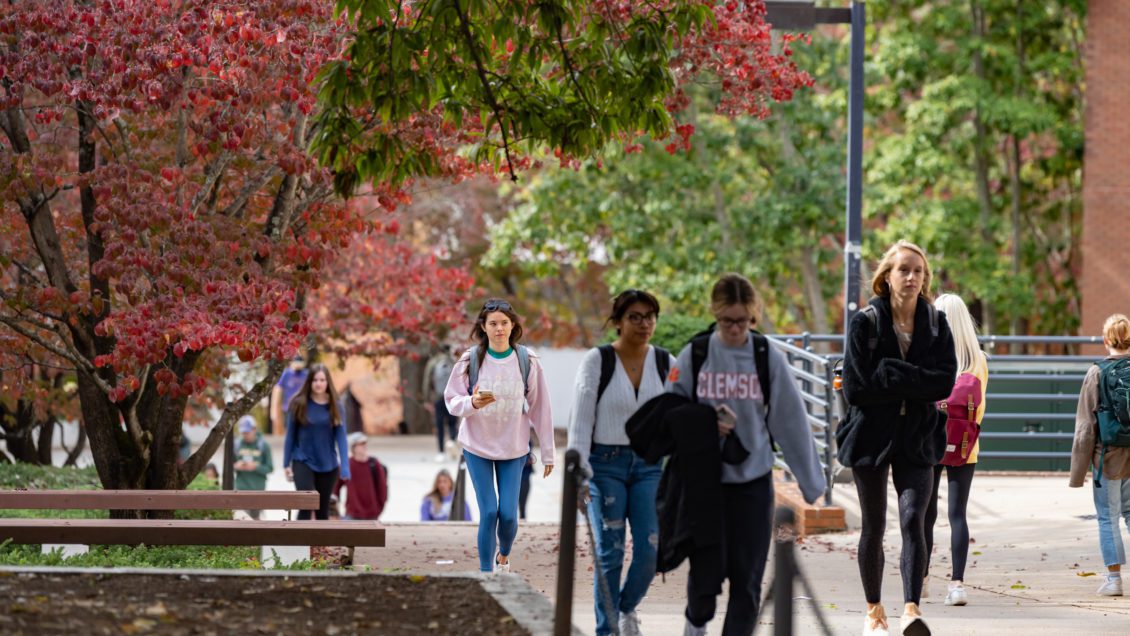Emily Goude was a Clemson freshman when she was preparing to walk into a required session she knew very little about. A health science major from Beaufort, South Carolina, she assumed the program would be very similar to something she already heard through New Student Orientation.
She was mistaken.
“I was surprised and shocked to learn about resources I’d never heard of on campus,” Goude said. “It was the first time as a student I really learned about the ways Clemson supports us. If I wasn’t really present in the moment and actively listening, I would’ve never known these places that are here for me if I need support.”
The program was Aspire to be Well, and Goude was so drawn to its impact she signed up to be part of a creative inquiry her second semester in order to facilitate future educational sessions for new Clemson students.

On Thursday of this week, Goude will earn her undergraduate degree. Before she does, she spent some time reflecting on how Aspire has changed her Clemson experience.
“I’ve grown a lot in terms of my communication and leadership skills,” said Goude, who hopes to go to optometry school after graduating from Clemson. “If you’d told me my freshman year of college I’d speak confidently in front of 200 people, I’d have called you crazy.”
Prior to the onset of the COVID-19 pandemic, a typical Aspire session would be held in person for about 30-40 students. This past Fall, they were held over Zoom — allowing for not only fewer sessions each semester, but also fewer facilitators of the course content.
Goude worked alongside another senior, Jada Crawford, throughout the Fall term delivering 90-minute programs focused on introducing new students to campus resources for important health and well-being topics such as alcohol and other drugs, mental health, interpersonal violence, suicide prevention, holistic wellness and bystander intervention.
All told, Goude and Crawford led sessions for more than 6,100 students, including freshmen, transfers and members of the Bridge to Clemson program.

“I just want students to step away knowing there are places on campus for them to have support in whatever they might be struggling with,” Goude said. “There are places where they can receive support from people who really care about them as students.”
Aspire is an initiative led by Healthy Campus and its current iteration is the product of research conducted by Clemson professors Martie Thompson (now at Appalachian State) and Heidi Zinzow. Facilitators are recruited, interviewed and hired and then spend the Spring semester in training through a creative inquiry — learning content, hearing from resource areas and practicing presentations.
Because of modified operations stemming from COVID-19, Crawford actually just completed her first semester as a peer facilitator. Like Goude, she is a health science major who also enjoys connecting students to campus resources.
“We hope students feel a sense of comfort when navigating such a big university,” said Crawford, who graduates in May and hopes to attend medical school. “There are a LOT of resources to know. We’ve been trained to learn and know those, but not everyone has that same opportunity. Whether they need a resource for alcohol or other drugs or career services or interpersonal violence, there are resources here for them.”
Crawford has seen the program’s benefits extend beyond the sessions she facilitates. She had a friend come to her who had experienced interpersonal violence, but did not know where to turn for support. Crawford directed the student to file a CARE report and knew CU CARES and Pickens County Advocacy Center would be appropriate for follow-up.
“Learning those avenues available to students has been great,” she said. “Even though my friend wasn’t technically in my Aspire session, I still was able to help her out by getting her keyed into different resources she could use.”

